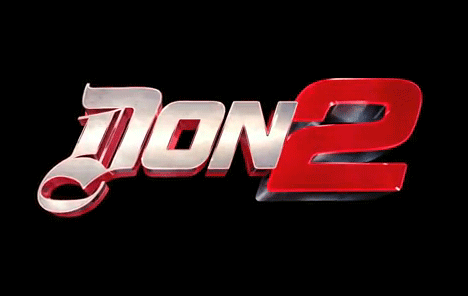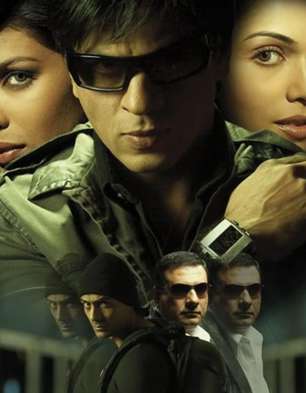

Children of Men vaults into another dimension with one more long-shot tour de force as Clive Owen’s protagonist dashes from a nightmare prison camp through an urban free-fire zone, cradling a newborn baby. This despite the vivid Fleet Street terror bombing that establishes London 202ħ, the jolting, bloody car chase-shot in what looks like a single take-that eliminates one of the stars, and the year’s most brilliantly choreographed action sequence. A more resonant and gripping movie than any of these, Children of Men wasn’t even mentioned.

Earlier this month, The New York Times imagined Academy members in surgical scrubs, with a “news analysis” noting the unusual goriness of the year’s Oscar contenders: The Departed, Flags of Our Fathers, Blood Diamond, Apocalypto, and The Last King of Scotland. When the New York Film Critics Circle met last week, Children of Men got only a handful of votes, mainly for Emmanuel Lubezki’s sensational cinematography. Never mind that Cuarón saved the Harry Potter franchise and, with Y Tu Mamá También, directed the highest-grossing Spanish-language movie ever released in America (or that Children of Men was respectfully received at the Venice Film Festival and topped the British box office the week that it opened), this superbly crafted action thriller is being treated like a communicable disease.Įver sensitive to buzz, critics have gotten the message and are steering clear. The 1995 castoff was 12 Monkeys, Terry Gilliam’s remake of Chris Marker’s La Jetée this year’s victim is Children of Men, Alfonso Cuarón’s dank, hallucinated, shockingly immediate version of P.D.

With a bare minimum of advance screenings and a total absence of hype, the studio dumped it. History repeats itself: 11 Decembers ago, Universal had the season’s strongest movie-a downbeat sci-fi flick freely adapted from a well-known source by a name director. The future looks bleak: Clive Owen and Clare-Hope Ashitey Universal


 0 kommentar(er)
0 kommentar(er)
